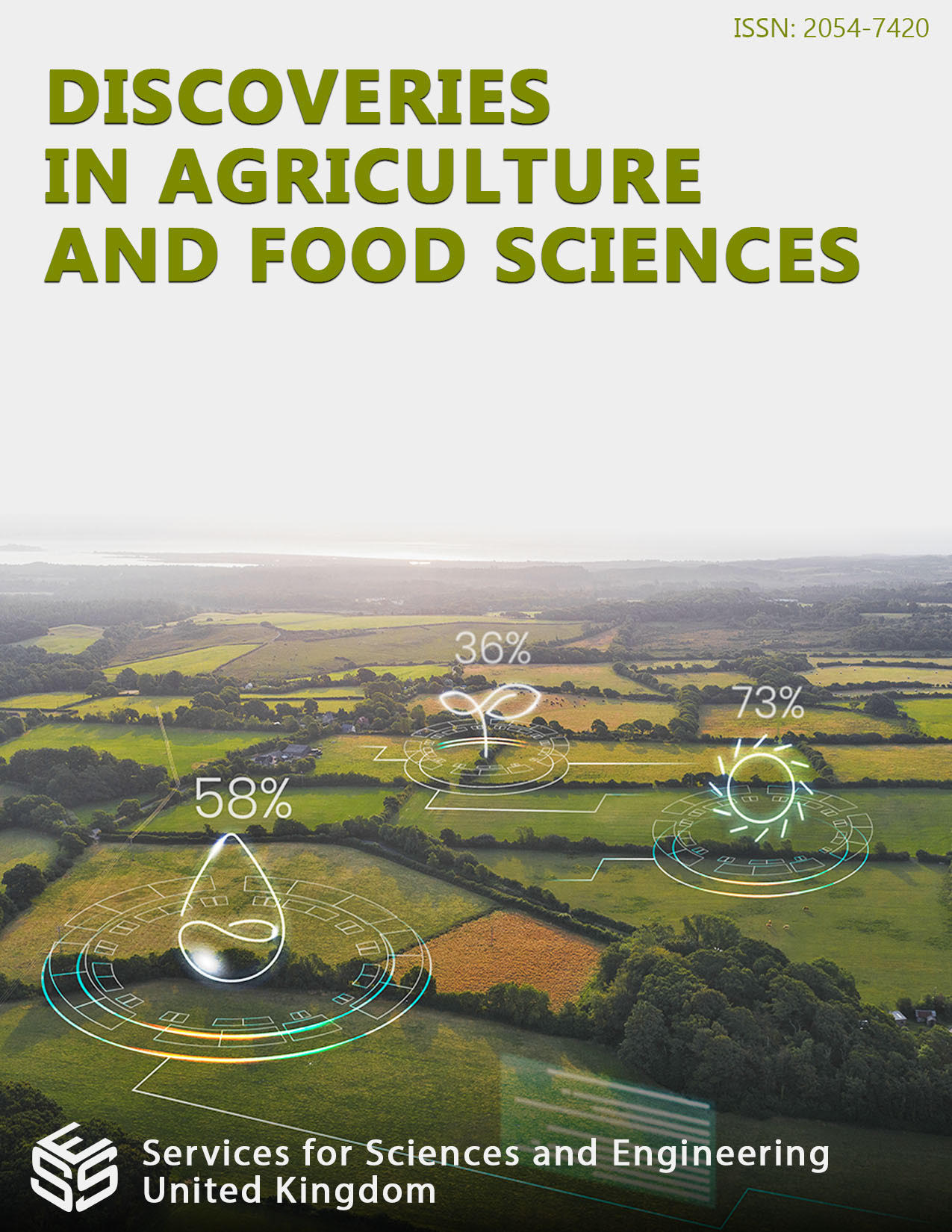Engaging Agro-Pastoralists in Seed Business: Community-Based Onion Seed Production under Irrigated Conditions in Gelealo District, Afar
DOI:
https://doi.org/10.14738/tnc.125.17656Keywords:
PAPREGs, Income generation, Field Day, Demonstration, Seed Germination PercentageAbstract
Ethiopia's varied agro-ecological zones which support onion cultivation, contributing significantly to the economy. However, challenges persist within Ethiopia's seed supply system, particularly in regions like the Gelealo District, Afar, where agro-pastoral livelihoods predominate. To address these challenges, a community-based onion seed production activity was initiated, employing a comprehensive approach during the 2023/24 cropping season using Nafis variety. The activity involved the formation of PAPREGs, baseline assessments, capacity-building, onion seed production implementation, hands-on field day events for knowledge dissemination. The collected data were analyzed using SAS statistical software. Despite prevalent onion cultivation, experience in seed production was limited (93.33%), highlighting the need for skill enhancement via theoretical and practical training. Through practical sessions, about 40 participants gained insights into seed acquisition patterns and production techniques, stimulating discussions on community-based seed production to optimize agricultural outcomes. Statistical analysis comparing kebele groups within PAPREGs demonstrated significant differences in yield and yield-related traits, suggesting varying productivity potentials. The independent sample t-test of yield and yield related traits were showed advantage of Beidi over Debel PAPREGs. Accordingly, Beidi PAPREGs have an advantage of 200, 69.57, 36.68 and 51.37 percent over Debel for SYPP, NUPP, UD, and LMS, respectively. The activity attracted diverse stakeholders, and a cost-benefit analysis indicated substantial net profits, affirming the economic viability of onion seed production. In this case, the CBR of 4.976 reflects a favorable return, demonstrating that onion seed production is economically viable and yields substantial profits relative to the initial investment. Insights from PAPREGs emphasized their commitment to the project and underscored the importance of continued support from research centers. Lessons drawn highlighted the efficacy of utilizing underground water for irrigation, stakeholder integration, rapid learning capacities, and the value of local information dissemination systems. Future focuses include enhancing pest and animal controlling, and continuous training. In conclusion, the PAPREGs activity has laid a robust foundation for onion seed production enhancement, with recommendations poised to bolster onion productivity, economic stability, and resilience in the study area, emphasizing the vital of community engagement and innovation.
Downloads
Published
How to Cite
Issue
Section
License
Copyright (c) 2024 Yitages Kuma Beji, Shimelis Alemayehu

This work is licensed under a Creative Commons Attribution 4.0 International License.






